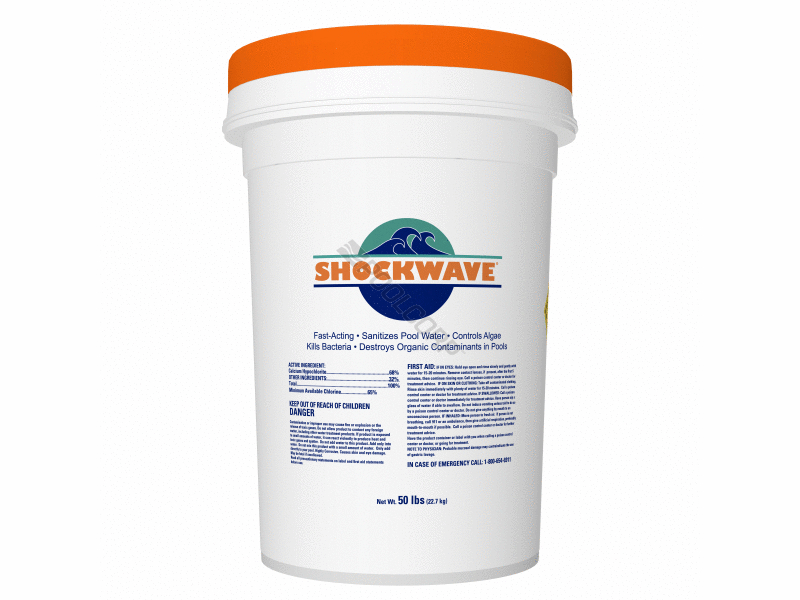
Technically speaking, rain should decrease the water’s pH level. There Was Heavy RainĪ pool’s chemical makeup can be easily upset, and even a rainstorm can throw things out of whack. With an uptick of swimmers in the pool, the chlorine has to work extra hard to keep it all clean, resulting in a more rapid depletion and consumption.

Seriously though, people introduce a ton of organic pollutants into a pool – oils from your skin, sweat, hair, sunscreen, and lets not forget about the dreaded urine and fecal offenders. This is because people are gross and bring a lot of nasty things into the water. Pools should be shocked after heavy usage. Your pool, on the other hand, not so much. So if your pool is really stinky, it’s also really dirty. This mixture is also known as combined chlorine, which gases off and floats on the surface of the water.Ĭhloramines are an irritant and hazardous to humans – causing red eyes, itchy skin, nasal and lung irritation, and respiratory issues.
Pool shock free#
Chloramines are created when free chlorine reacts with ammonia in the water. This may seem counterintuitive as they’re giving off a pungent chlorine pool smell.īut what you’re actually smelling are chloramines. Pools that reek of chlorine are trying to tell you something: they are lacking in chlorine. When To Shock Your PoolĪs stated earlier, there will be times where pool shocking must be done outside of your regular maintenance routine. By focusing strictly on those, it “frees up” the free chlorine in the pool so it can be more effective in sanitizing the water. Non-chlorine pool shock is an oxidizer that attacks organic contaminants in the water. It gives the pool a massive dose of chlorine, killing everything in its path. This can be done using either chlorinated or non-chlorine pool shock.Ĭhlorinated pool shock is the most common. The idea behind pool shocking is to quickly raise the free chlorine level in the pool, killing off bacteria, algae growth, chloramines, and other pathogens in the water.


At this point you need to add more of it if you want the pool to remain clean. With the addition of a sanitizer such as chlorine, the water stays clean and safe for people to swim in.Įven though pools have a constant sanitizing agent in the water, over time it breaks down and slowly becomes less effective. It’s for this reason why an array of chemicals are added to pool water. Unfortunately for pool owners, you can’t just fill up a pool with water and expect it to always be clean.ĭue to outside influences, the state of pool water is constantly changing, becoming increasingly grimy with each passing second. How Often To Shock A Pool (Establishing A Schedule).


 0 kommentar(er)
0 kommentar(er)
